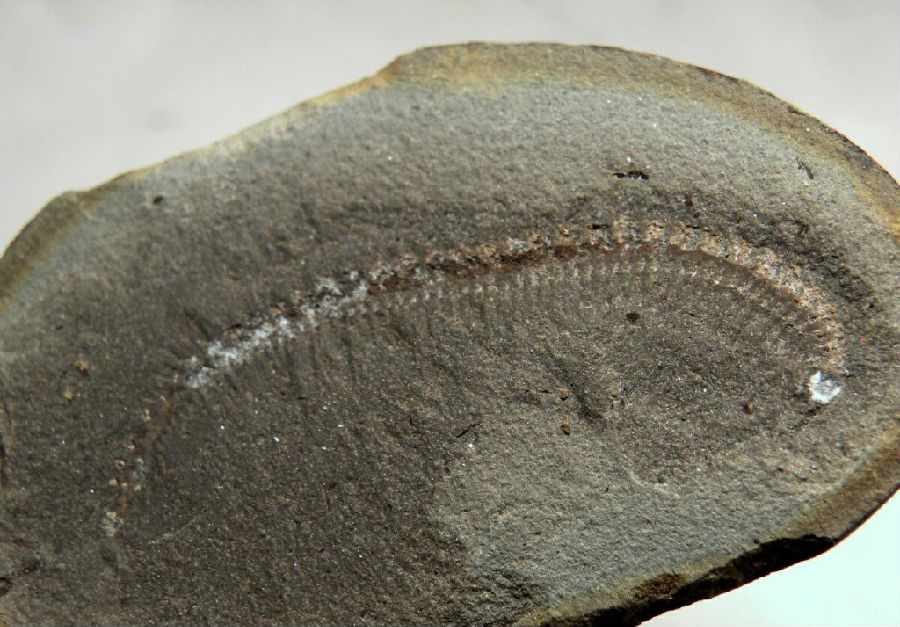By combining their isotope findings with other fossil residues—pollen levels and so on—scientists can, with considerable confidence, re-create entire landscapes that no human eye ever saw.
把对同位素测量的结果和能够说明其他情况(如花粉浓度等)的别的化石残留物结合起来,科学家就能很有把握地重新构筑人类没有见过的整个场景。
The principal reason oxygen levels were able to build up so robustly throughout the period of early terrestrial life was that much of the world's landscape was dominated by giant tree ferns and vast swamps, which by their boggy nature disrupted the normal carbon recycling process. Instead of completely rotting down, falling fronds and other dead vegetative matter accumulated in rich, wet sediments, which were eventually squeezed into the vast coal beds that sustain much economic activity even now.
氧气之所以能在整个早期陆地生命的时期积聚到十分充足的浓度,主要是因为世界上许多地方存在大量高大的桫椤和大片沼泽地,它们天生就能打乱正常的碳再循环过程。落叶和其他死去的植物性物质不是完全腐烂,而是积聚在肥沃而又潮湿的沉积物之中,最后被挤压成大片的煤层。即使到了现在,那些煤层仍然支撑着大量的经济活动。

The heady levels of oxygen clearly encouraged outsized growth. The oldest indication of a surface animal yet found is a track left 350 million years ago by a millipede-like creature on a rock in Scotland. It was over three feet long. Before the era was out some millipedes would reach lengths more than double that.
高浓度的氧气显然促使生物长得高大。迄今发现的能表明陆地动物最古老的迹象的,是35000万年前由一只节肢动物似的家伙留在苏格兰一块岩石上的一条痕迹。它有一米多长。在那个时代结束之前,有些节肢动物的身长会超过那个长度两倍。
With such creatures on the prowl, it is perhaps not surprising that insects in the period evolved a trick that could keep them safely out of tongue shot: they learned to fly. Some took to this new means of locomotion with such uncanny facility that they haven't changed their techniques in all the time since.
由于存在这种悄悄觅食的动物,那个时期的昆虫渐渐设计出一种对策,能够躲开飞快伸过来的舌头:它们学会了飞行。这也许是不足为怪的。有的昆虫渐渐习惯于这种新的活动方式,而且达到了非常熟练的程度,自那时以来一直没有改变这种技术。













